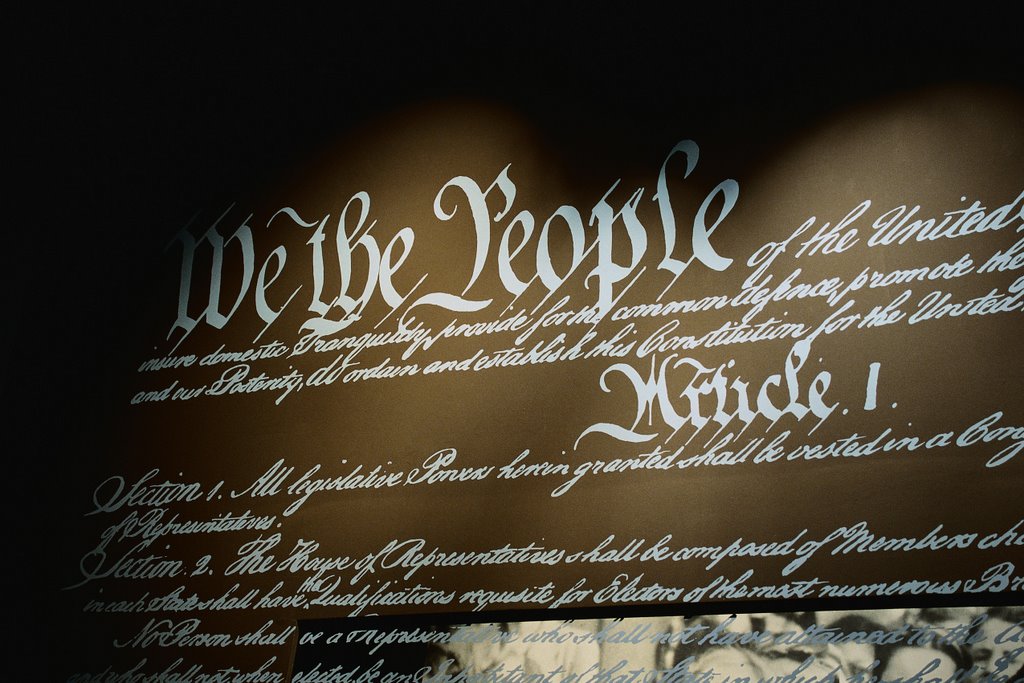Regarding the criticism of Mr. Rumsfeld by a growing list of retired general officers, I want to know one thing. Will it mean a thing at the end of the day?
As a retired Soldier, I am at times amused and others, very concerned. I am amused in reading and listening to the commentary of people who know absolutely nothing about the Army make absurd claims, and concerned that the matter will be ignored until it is forgotten.
I am not among those who believe that Mr. Rumsfeld need resign. I am not among those who make the idiotic claim that the retired generals are trying to take control of the military from civilian command. Something is going on inside the Pentagon, and we need to learn what it is. I suggest that the President appoint a panel of subject matter experts to compile a report. Perhaps he might convene a group of retired general officers and former civilian leaders of the Pentagon to examine the facts, view evidence and conduct interviews. The fact that so many general officers have come forward to put their credibility and reputations on the line is a solid indication to me that something in the Pentagon is broken. What could it be that has compelled these generals to take such extraordinary measures? Certainly, squabbles between the Commander in Chief and a few generals have erupted in the past, but never, has this many generals come forward.
Those who claim that the generals would have the military removed from civilian oversight are missing the point. They practice selective recall when addressing the subject. Let us review the main complaint, which is; a failure to plan for a post war Iraq. When I reflect back to the liberation of Baghdad it seems to me that there was no plan for controlling the streets of Iraq after the combat phase was over. And why was that important? Recall if you will, watching the television news on the day that the mass looting began in Baghdad. I saw it right there on my television screen, thousands of giddy Iraqis flitting about Baghdad in chaos, carting off fire extinguishers, air conditioners, toilets, anything that was not bolted down; stacked precariously upon the wheel barrows or rickety one burrow carts and wheeled away right under the noses of overwhelmed, bewildered troops who appeared to realize something was very wrong with the picture but lacked any guidance as to what they should do about it. This was my epiphany. Important government records and other irreplaceable documents vital to the reconstruction effort and capture of former Hussein officials disappeared among the looters, lost to the four winds forever. That was the day we lost the initiative in Iraq. Since that day, we began to see the ravages of the IED, we heard the news reports of Soldiers going down to sniper fire, kidnappings, beheadings, assassinations. All indisputable signs of a failure to prepare for maintaining law and order upon the collapse of the Hussein regime, and the main reason that the mission has been as dangerous and as difficult as it has.
I hope that a search for answers will be initiated. We should take a look at the unvarnished truth, learn from any mistakes that were made and implement measures to ensure we don’t do it again. The world is an increasingly dangerous place; the stakes are growing ever more ominous. We are fortunate that the consequences of our missteps in Iraq have not been catastrophic, but with Iran looming on the horizon, our military needs to operate with the efficiency of a Swiss clock.
Subscribe to:
Post Comments (Atom)




No comments:
Post a Comment